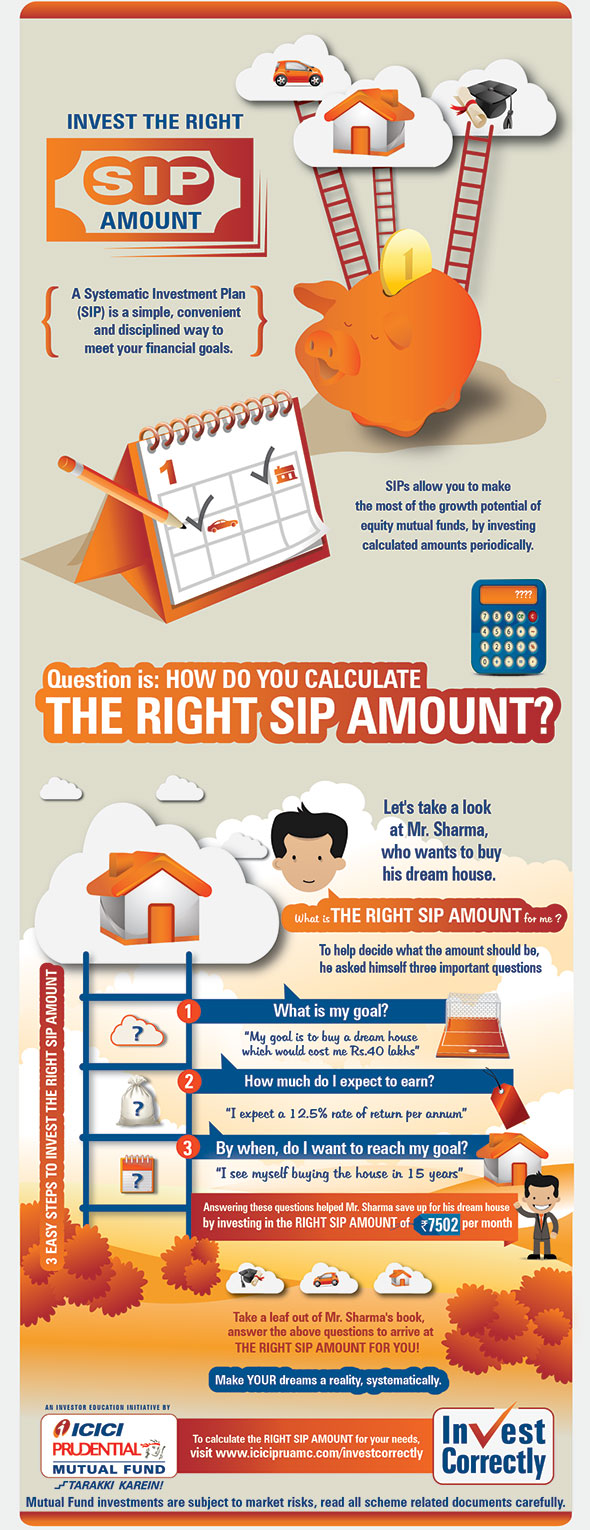Surety Contract Bonds: An In-Depth Manual For Service Providers
Surety Contract Bonds: An In-Depth Manual For Service Providers
Blog Article
Content Writer-Cunningham Michaelsen
Are you a contractor battling to browse the complicated globe of Surety agreement bonds? Look no more! This extensive overview has got you covered.
From comprehending the importance of Surety bonds to discovering the different types offered, we'll stroll you via the whole procedure.
With our detailed instructions, obtaining Surety agreement bonds will be a wind. Say goodbye to confusion and hello to peace of mind.
Prepare to overcome the world of Surety contract bonds!
The Value of Surety Contract Bonds
You require to comprehend the relevance of Surety contract bonds as a professional.
Surety agreement bonds play an important duty in the construction industry. These bonds provide economic defense and assurance to project owners that you, as a specialist, will fulfill your contractual responsibilities.
By obtaining bid bond insurance , you're essentially ensuring that you'll complete the job according to the terms specified in the agreement. This gives satisfaction to job owners, as they know they'll be made up if you fall short to meet your responsibilities.
Furthermore, Surety bonds also show your integrity and credibility as a contractor. They function as a form of validation that you have the required certifications, experience, and economic stability to take on the job effectively.
Recognizing the Kinds Of Surety Contract Bonds
To completely understand the sorts of Surety contract bonds, professionals should acquaint themselves with the different options offered.
There are three primary kinds of Surety agreement bonds that service providers ought to be aware of: bid bonds, efficiency bonds, and repayment bonds.
Proposal bonds are usually needed when a service provider is submitting a bid for a construction project. This bond makes certain that if the service provider is granted the job, they'll enter into an agreement and supply the required efficiency and settlement bonds.
Efficiency bonds guarantee that the service provider will complete the task according to the regards to the contract.
Settlement bonds secure subcontractors and vendors by guaranteeing that they'll be spent for their work on the task.
Tips to Get Surety Contract Bonds
To acquire Surety contract bonds, contractors have to follow a series of actions to guarantee their qualification and protect the essential bonding.
The initial step is to analyze your economic standing. Surety bond suppliers will examine your monetary stability, credit history, and prior job experience to establish if you satisfy their underwriting requirements.
https://www.ourmidland.com/news/article/Midland-City-Council-reelects-Maureen-Donker-as-17585277.php is to select a trusted Surety bond service provider. Research different companies, contrast their prices, and consider their proficiency in the building sector.
Once you have actually picked a company, you'll require to finish an application and send it with the necessary supporting files. These papers might consist of financial declarations, work experience documents, and references.
After reviewing your application, the Surety bond supplier will certainly identify your bond quantity and provide the bond if you're authorized.
It's important to begin this procedure early to guarantee you have the needed bonding in place prior to beginning any building and construction tasks.
Verdict
So keep in mind, Surety contract bonds are necessary for service providers, supplying monetary defense and making sure task completion. Understanding the different types and actions to obtain these bonds is important.
Did you know that the Surety bond industry has grown dramatically recently? In 2019 alone, the market size was estimated to be around $4.9 billion, and it's forecasted to reach $8.3 billion by 2026. This shows the enhancing importance of Surety agreement bonds in the building sector.
